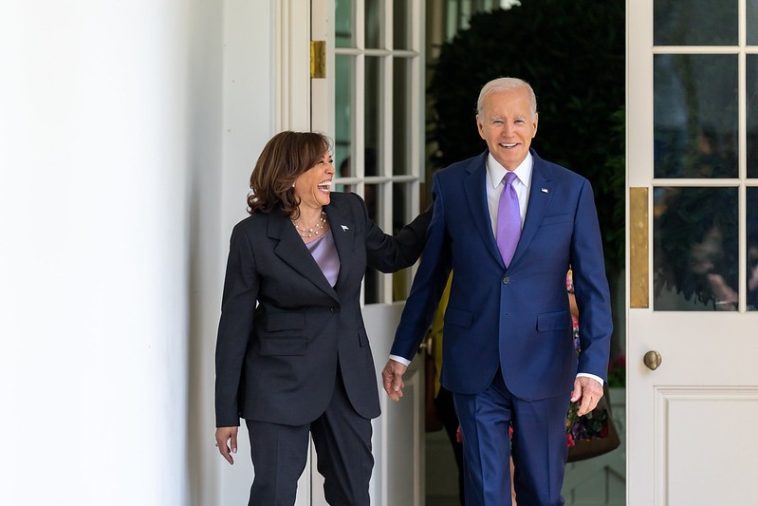Do you blame Biden-Harris for rising inflation?
Inflation has been a dominant concern for Americans in recent years, and many conservatives argue that the policies of the Biden-Harris administration are largely to blame. From massive government spending to restrictive energy policies, several key decisions made by the current administration have contributed to the rising costs of goods and services, hurting American families and businesses.
Excessive Government Spending
One of the primary drivers of inflation under the Biden-Harris administration has been excessive government spending. The multi-trillion-dollar COVID relief packages and infrastructure bills injected massive amounts of money into the economy. While some level of stimulus was necessary during the pandemic, critics argue that the scale and duration of the spending spree have led to an overheated economy. Flooding the market with cash increased demand while supply chains were still recovering, leading to higher prices across the board.
This aggressive fiscal policy, particularly the American Rescue Plan, has been criticized for its role in exacerbating inflationary pressures. By putting too much money into circulation, it diluted the value of the dollar, causing the prices of everyday essentials like groceries, gas, and housing to soar.
Energy Policy Failures
Biden’s restrictive energy policies, particularly regarding domestic oil and gas production, have also been a significant contributor to inflation. The administration’s decision to halt key pipeline projects, limit drilling on federal land, and promote aggressive green energy initiatives has reduced the supply of domestic energy. This reduction in supply has made the U.S. more reliant on foreign energy, leading to higher gas prices and increasing transportation costs for goods—further driving inflation.
Energy costs are a critical component of inflation because they affect the cost of producing and delivering nearly every good and service in the economy. When energy prices rise, consumers and businesses feel the impact in virtually every aspect of their lives.
Labor Market Disruptions
The Biden-Harris administration’s policies related to unemployment benefits and labor regulations have also contributed to inflationary pressures. Extended unemployment benefits and stimulus payments, while intended to help struggling Americans, discouraged many from returning to work. This created a labor shortage in critical industries, driving up wages and, in turn, increasing the costs of goods and services.
Additionally, the administration’s push for higher minimum wages and increased labor regulations has placed further pressure on businesses, forcing them to raise prices to cover the increased cost of labor. This has contributed to the overall rise in inflation, particularly in sectors like food service, retail, and manufacturing.



